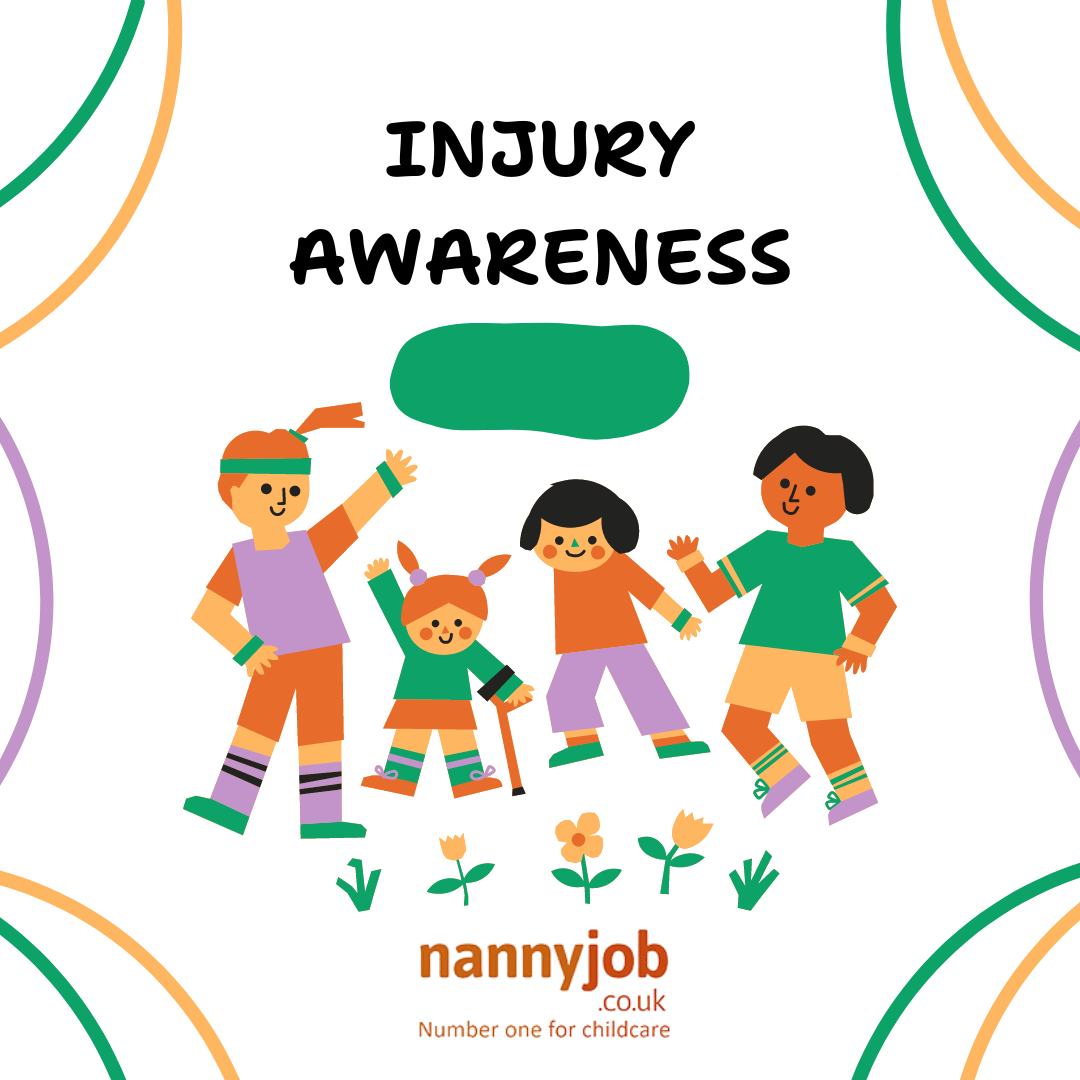Introduction
Stress is something we all feel at times—but when it becomes a constant companion, it can take a serious toll on our health, relationships, and daily routines. During Stress Awareness Week, we shine a light on the importance of managing stress, recognising its effects, and supporting each other—especially within family life and childcare.
Parents, nannies, and caregivers often carry the emotional load of not only their own stress but that of the children and families around them. It’s important to pause, reflect, and learn how to support both ourselves and others when the pressure is building.
 The Effects of Stress on Daily Life
The Effects of Stress on Daily Life
Stress can affect our bodies and minds in many ways, including:
- Fatigue or low energy
- Irritability or short temper
- Poor concentration or forgetfulness
- Trouble sleeping
- Physical symptoms such as headaches, tense muscles, or stomach issues
When you’re caring for others—especially children—these symptoms can make everyday tasks feel even more overwhelming.
 How Nannies Can Support Stressed Families
How Nannies Can Support Stressed Families
Nannies are often the quiet heroes in a busy household, offering not just practical help, but emotional support too. Here’s how nannies can gently support families during times of stress:




Remember: while supporting families, it’s also vital to look after your own mental health too.
 Helping Children Understand and Cope with Stress
Helping Children Understand and Cope with Stress
Even young children experience stress—but they may show it in different ways, like tantrums, withdrawal, or trouble sleeping. Helping them build healthy coping strategies early on can make a huge impact.
Here are a few age-appropriate ways to help children navigate stress:

Use books, toys, or drawings to explore emotions. Give children the language to express how they feel (“I feel worried,” “I’m overwhelmed”).

Introduce breathing exercises, stretching, or simple mindfulness activities. Even taking deep “bubble breaths” (slowly breathing in and out) can help.

Running, jumping, climbing—physical activity is a great stress reliever and helps regulate emotions.

Allow time for free play. It helps children process big feelings, boosts creativity, and creates a sense of control.

Let them know that it’s okay to feel overwhelmed sometimes. Offer cuddles, reassurance, and calm explanations to help them feel safe.
 Final Thoughts
Final Thoughts
Stress doesn’t just affect grown-ups—children feel it too, and so do the caregivers who support them. During UK Stress Awareness Week, take a moment to prioritise your own wellbeing, check in on those around you, and explore small changes that can make everyday life feel a little lighter.
Together, we can create calmer, more compassionate spaces for children—and ourselves—to thrive.

 Blog Post: Stress Awareness Week – Supporting Ourselves, Families & Children
Blog Post: Stress Awareness Week – Supporting Ourselves, Families & Children UK Stress Awareness Week: 31st March to 4th April 2025
UK Stress Awareness Week: 31st March to 4th April 2025







